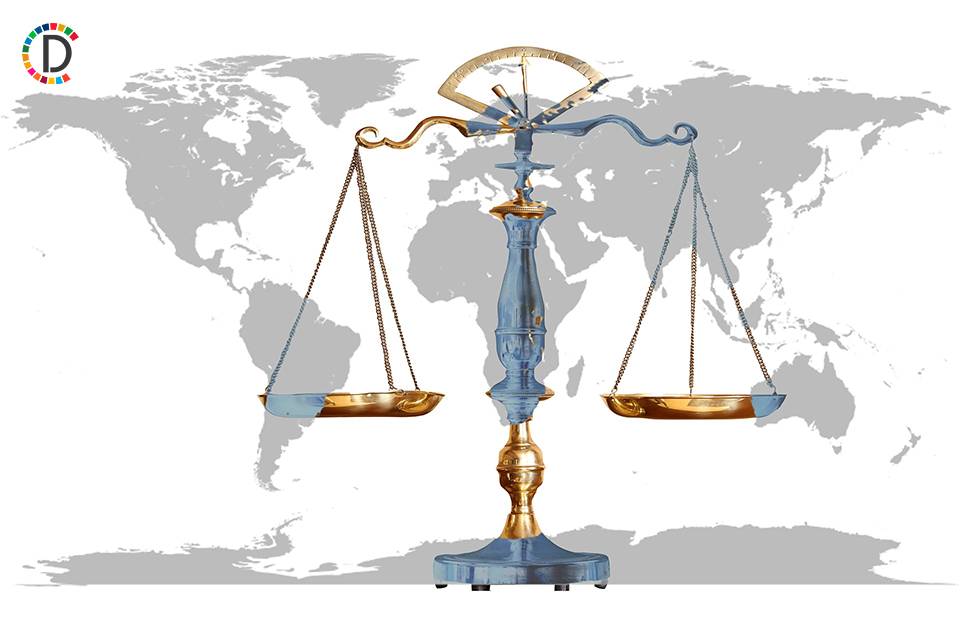Romanian senate decriminalises some graft offences, decision not final
On Wednesday, Marcel Ciolacu, the leader of Romania's Social Democrats, a coalition partner and parliament's largest party, said he has asked the justice ministry to recommend an adequate threshold, saying his party will approve the level recommended by experts. In 2017, a previous Social Democrat government tried to decriminalise abuse of office offences leading to damages of under 200,000 lei via emergency decree.

Romania's Senate approved a bill on Wednesday decriminalising some abuse of power cases in a move reminiscent of attempts to weaken the fight against corruption which triggered major street protests six years ago. Romania is one of the European Union's most corrupt states, according to Transparency International, and Brussels kept its justice system under special monitoring since it joined the EU in 2007. The Commission recommended lifting the monitoring mechanism late last year.
The bill, introduced by lawmakers from the three-party coalition government, states that abuse of office offences which cause financial damage of less than 250,000 lei ($55,000) should no longer be punishable. The bill now goes to parliament's lower house, which has the final say.
Coalition lawmakers have said the bill is needed to get the criminal code in line with constitutional court rulings. The court has said abuse of office crimes should have a minimum threshold without stating a specific level. On Wednesday, Marcel Ciolacu, the leader of Romania's Social Democrats, a coalition partner and parliament's largest party, said he has asked the justice ministry to recommend an adequate threshold, saying his party will approve the level recommended by experts.
In 2017, a previous Social Democrat government tried to decriminalise abuse of office offences leading to damages of under 200,000 lei via emergency decree. At the time, the party's then leader was on trial for abuse of office. The decree drew criticism from chief judges and prosecutors, civil rights groups, diplomats, the European Commission and the U.S. State Department. It also triggered months of nationwide street protests.
Investigations by anti-corruption prosecutors have exposed conflict of interest, abuse of power, fraud and awarding of state contracts in exchange for bribes across political parties. ($1 = 4.5716 lei)
(This story has not been edited by Devdiscourse staff and is auto-generated from a syndicated feed.)










